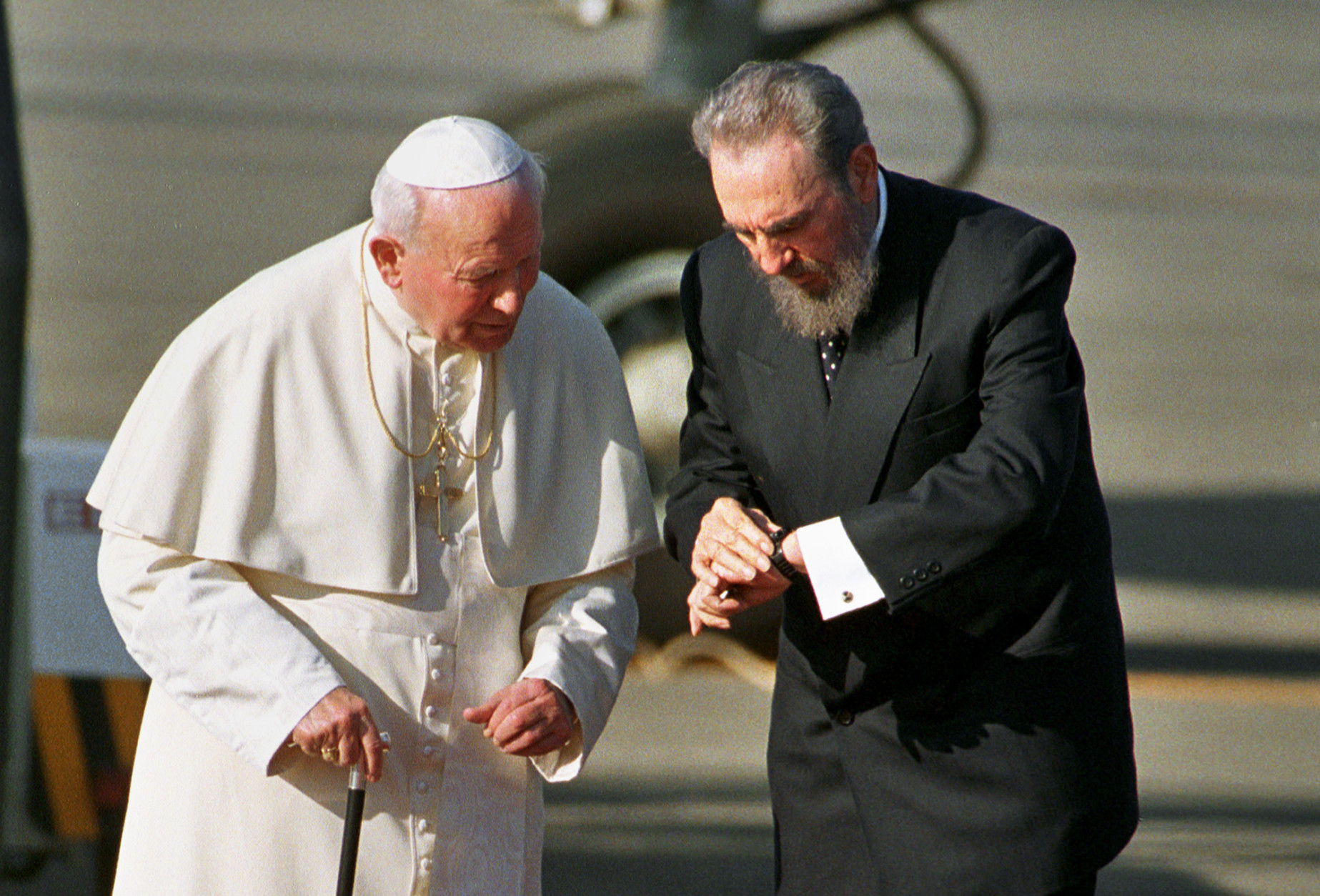Legalized gambling has enjoyed explosive growth in this country in the past decade, with Americans now spending more money on it than on all other forms of entertainment combined.
Though not quite so common as fast food, shopping malls and cable television, Americans now take games of chance for granted—whether it be riverboat gambling, Indian-reservation casinos, offtrack betting or the state “lotto.”
Unlike some Christian denominations, Catholics have never looked at gambling as inherently sinful or harmful to the spiritual life. Like liquor, dancing and other recreational activities, playing games of chance can be a way to bring people together to relax, socialize and have fun. But like these other areas of life, gambling can be taken too far, and when it does it can enslave individuals and break up families and communities.
 Still, we have a hard time getting worked up over the issue and we are unswayed by much of today’s mushy antigambling rhetoric. Sure, we think it outrageous that many Catholics spend more money a year on games of chance then they do supporting their local churches or helping the poor and the missions.
Still, we have a hard time getting worked up over the issue and we are unswayed by much of today’s mushy antigambling rhetoric. Sure, we think it outrageous that many Catholics spend more money a year on games of chance then they do supporting their local churches or helping the poor and the missions.
But why single out gambling? Why not look at the huge sums spent on such frivolities as video-cassette rentals, compact discs, sporting events or the monthly cable bill. Gambling has become a part of the economy and part of the culture of entertainment in America. The problem here is bigger than gambling—the problem is a culture focused on amusements and diversions rather than edifying and sanctifying ourselves and our neighbors.
However, we are wary for both political and moral reasons about the increased use of gambling as a way to revitalize local economies and provide monies for state treasuries.
We do not know whether gambling is addictive, as some contend, but we do know that it thrives on human weakness and sinfulness—on self-centeredness, materialism, a lust for lucre and the dream of getting “something for nothing.” More practically, we note that in most places it has been tried, casino gambling has failed to pay off on its promise to rebuild blighted communities.
The tendency of legislatures to create state-sponsored games of chance as a way to fund social programs is distressing. Too often, politicians are hiding behind “jackpots” and “daily numbers” because they lack the spine to cut useless programs, make hard spending choices or confront voters with needed tax increases.
A fickle electorate, too, is to blame. Politics in this country has become, in many ways, a reflection of the isolation of suburban living. Hunkered down in their homes with their televisions, appliances and creature comforts, with little contact with their neighbors, many Americans now see the problems of the world as something that lies “out there.” If they are promised that problems can be fixed by a new lottery, without tax increases, they will buy it.
But the hard fact is that the country’s problems cannot be solved by a new “daily number” or “scratch to win” sweepstakes. What is needed is a revival of a sense of community, of personal responsibility before God, a spirit of honesty, self-sacrifice and justice. These are not the values you find at a crap shoot.
Originally published in Our Sunday Visitor (January 15, 1995)
© David Scott, 2009. All rights reserved.


